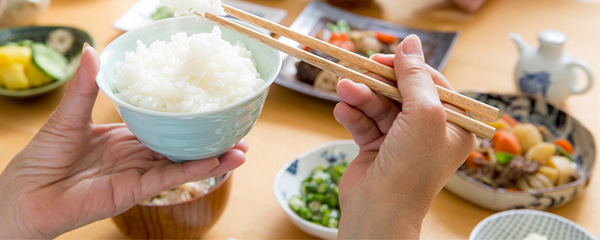Japanese Diet: A Key to Healthy Liver

Japanese people are known for their longevity and low prevalence of chronic health issues. Japanese diet could be one of the secrets behind their long lifespan. The Japanese diet has been reported to be beneficial in preventing fat accumulation in liver cells.
Several ways of the Japanese diet protect liver health and let’s break it down.
Antioxidants and healthy fat
In the Japanese diet, consuming vegetables, fruits, whole grains, and legumes are the main components that provide a lot of nutrients that aid in preventing oxidative damage to the liver. While seafood is also commonly served in Japanese dishes, it is rich in omega-3 fatty acids with anti-inflammatory properties.
Low glycemic index (GI) food
Complex carbohydrates are also commonly found in the Japanese diet. Complex carbs are low GI food as they are digested slowly, leading to a slow release of glucose that helps stabilize blood sugar levels. Regulating blood glucose could reduce the risk of fat accumulation in the liver.
Mindful eating
Despite what the Japanese people eat, mindful eating also prevents fat accumulation in the liver. They practice eating “hara hachi bu,” which means “eat until 80 percent full”. It helps avoid overeating, hence reducing calorie intake and preventing weight gain.
Japanese dietary pattern has shown beneficial effects on liver health. Try to cooperate with those dietary strategies in daily life to protect the liver!
- * All research and clinical data should be used as reference purposes only, results may vary.






